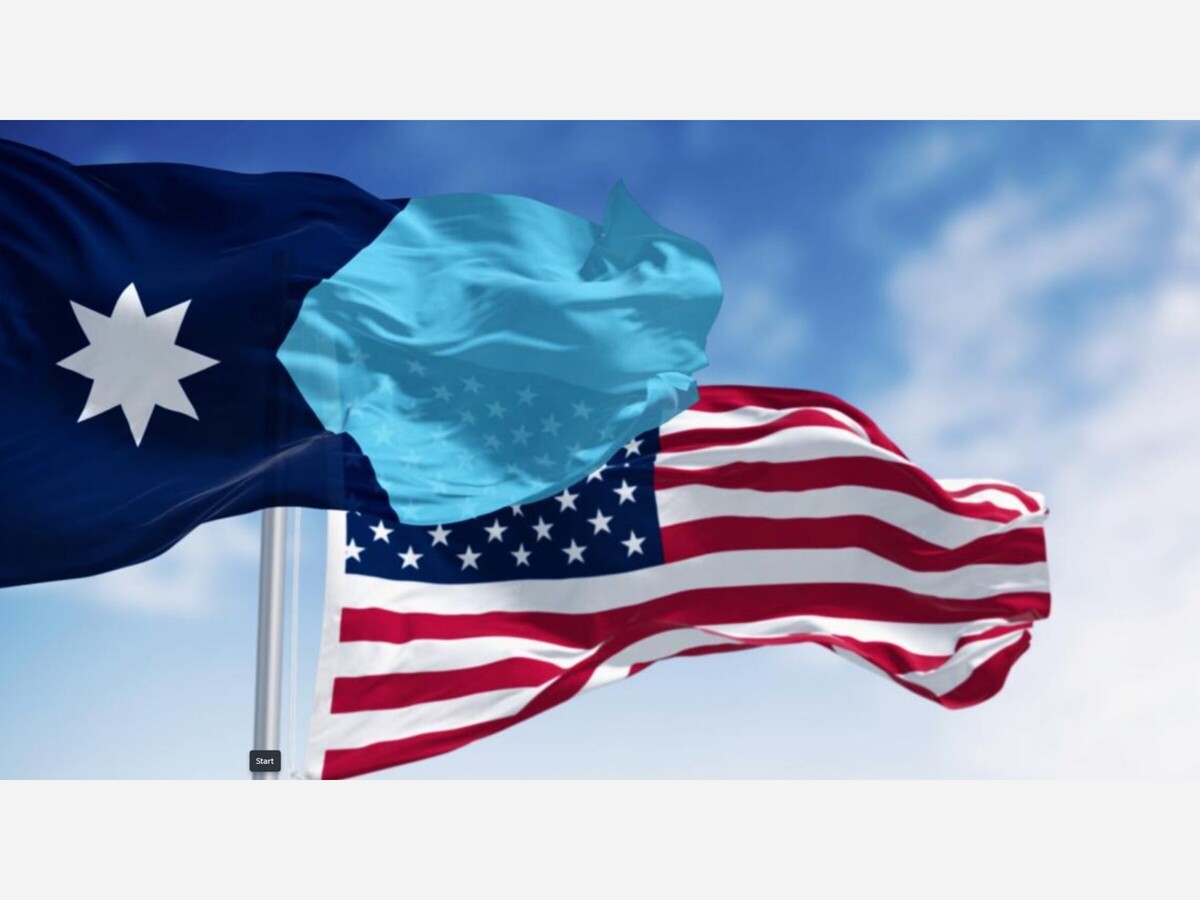Image


Minnesota teaches its people a stark, inescapable truth: patience is a survival skill. We are readers of the sky before the first flake, diagnosticians of ice formation, and lifelong students of infrastructure. This is a state where houses built without foresight do not survive the long winter, and where the durability of a bridge is a measure of civic faith. Thoughtfulness here is not a luxury; it is the unwritten contract of endurance.
And so, it was with the hemp-derived THC industry.
Minnesota did not stumble into this market. Unlike a score of other states that permitted product chaos, our legislature crafted a gated framework—a model of regulatory prudence: rigorous testing protocols, precise dosage limits, child-safe packaging, and strict age verification. Every bottle, every gummy, every label was accounted for. The industry grew not wildly, but steadily, responsibly, offering a gentle, socially responsible alternative to the state’s entrenched drinking culture. Quietly, this sector became a thriving filament woven into the urban grid—in Northeast Minneapolis breweries, St. Paul’s corner shops, and neighborhood cafes.
Now, a singular, blunt federal decision threatens to erase the entire civic undertaking.
The new federal cap—0.4mg of THC per container—is not a restriction; it is an act of obliteration. It will instantly render illegal nearly every product Minnesotans have come to trust and consume responsibly. This decision jeopardizes the livelihoods of hundreds of small businesses, cripples the viability of thousands of jobs, and tears the fabric of countless families who relied on this regulated market to reclaim a measure of stability after the upheavals of the pandemic and the scars of 2020.
This is not a debate over abstract policy. This is the lived, granular reality of the Twin Cities—a metro area still fiercely engaged in the fragile, difficult work of healing and recovery.
The Twin Cities’ economy, much like our great rivers, flows in predictable, productive channels—until violently disrupted. The state’s hemp-THC channel brought vital liquidity to streets that struggled with post-pandemic recovery. Small retailers, packaging firms, and breweries made calculated bets on the future. They staffed up, hiring young people, integrating immigrants, and providing second chances in a labor market that can be relentlessly unforgiving.
The federal restriction is a sudden, unnatural frost on that river. Stores that expanded their footprints this spring now face unmovable, unsellable inventory. Breweries that invested in new canning lines now confront the specter of machinery sitting idle, gathering dust. The damage is a silent, compounding crisis: employees face immediate layoffs, incomes become uncertain, and the quiet erosion of trust in the stability of governance sets in.
Minnesotans are taught resilience—we confront adversity with an understated resolve, layering practicality over emotion. Yet even the strongest ice can fracture under unrelenting, arbitrary pressure. A community that regulated carefully, innovated responsibly, and followed every prescribed rule should not be met with such sweeping, indifferent punishment. Yet, here we stand.
Walk the sidewalks of Cedar-Riverside, the industrial alleys of Northeast, or the proud avenues of St. Paul. The ledger of human consequence is immediate:
These are not footnotes on a corporate balance sheet. They are neighbors, citizens, and small entrepreneurs who built their livelihoods on the adherence to rules, not the bending of them. They now confront an erasure that feels both arbitrary and uniquely cruel.
Minnesota has long prized order, foresight, and the quiet stewardship of public resources. Our Scandinavian-influenced ethos champions consensus and pragmatic responsibility. We regulate not merely for control, but because we believe it is moral to do so. The state’s hemp-THC framework was a distillation of these values—a system that expertly balanced consumer safety, neighborhood integrity, and entrepreneurial opportunity.
The federal intervention is not merely a policy disagreement; it is a profound repudiation of Minnesota’s meticulously constructed method. It is a signal that careful local governance can be summarily swept aside in favor of a blunt, centralized decree. If this level of local care is deemed meaningless, what incentive remains for any community to build responsibly? What message does this send to entrepreneurs and citizens about the reliability of governance itself?
The Twin Cities have endured and rebuilt countless times: after floods, after unrest, after tragic, soul-shaking loss. That resilience is not a cliché; it is a proven, lived truth.
Yet, resilience is not a synonym for acquiescence. To absorb this federal action without a fight would be a betrayal of the civic and ethical principles that define this state. This is a crucial moment to assert that the work of local communities—the measured investment, the deliberate regulation—must matter. That prudence should be rewarded, not penalized.
We are at a crossroads: accept a federally mandated erasure, or demand recognition, legislative carve-outs, and compensation for an industry built with unparalleled foresight. This fight extends beyond THC; it is a stand for local autonomy, the integrity of our economic ecosystems, and the preservation of civic trust.
Minnesota’s response must be measured, but profoundly assertive. State lawmakers, business coalitions, and community advocates must move immediately to:
Minnesota cannot wait for distant acknowledgment. Our cities, our families, and our economy demand action now.
The Minnesota winter is long. It demands preparation, patience, and meticulous care. The destruction of a carefully nurtured, regulated industry should be no different. This is a question of whether a community that invests in responsibility and prudence can expect its labor to endure. It is a question of whether citizens can trust the institutions that govern them.
The Twin Cities have always taught us to weather the storm. But a storm is not an excuse for indifference—it is a call to action. And in this pivotal moment, action is the only way to preserve not just an industry, but the integrity, trust, and dignity of our communities.